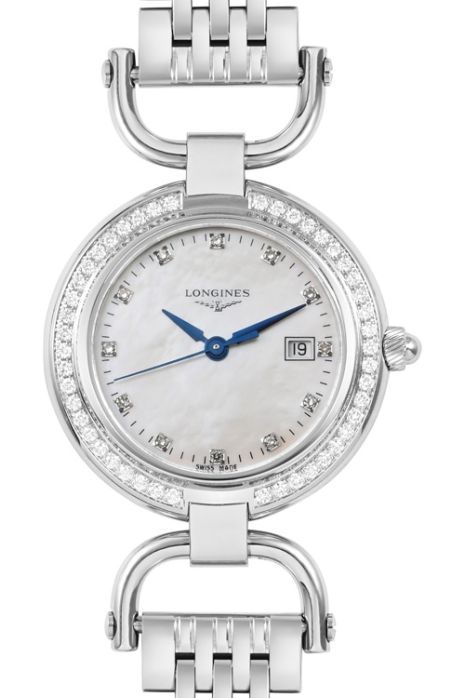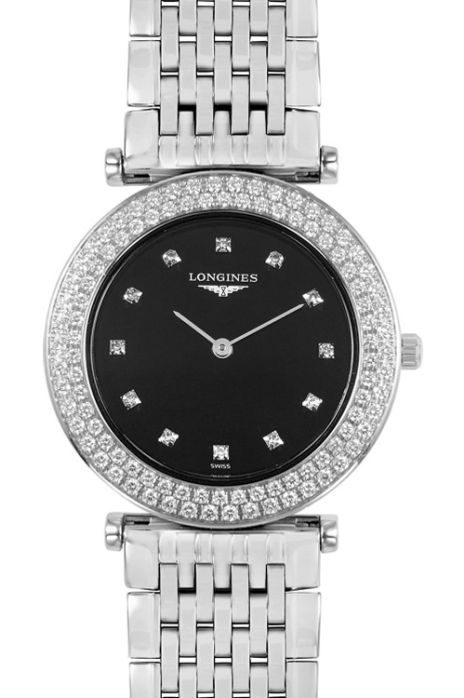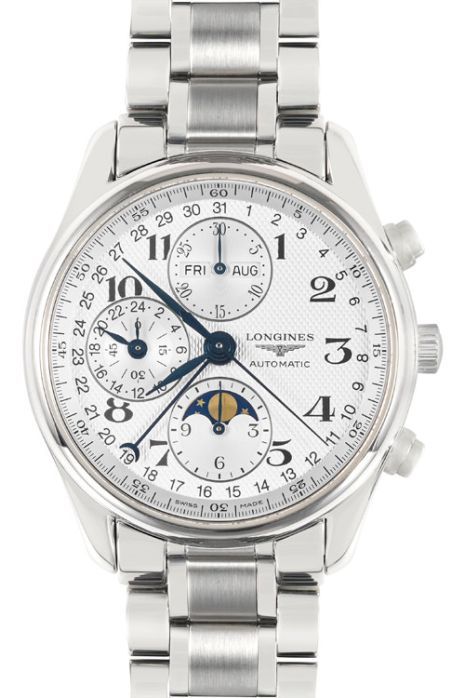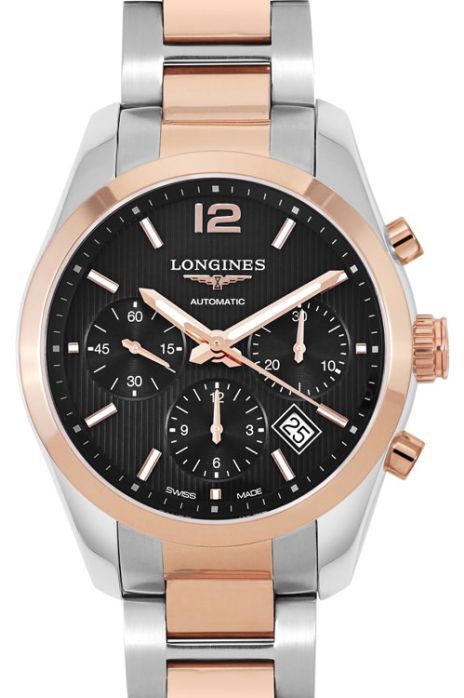
221 Longines Watches
The Rise of Longines Watches
The historical timekeeper of sports events, Longines was founded in the Swiss-Jura mountains back in 1832, releasing the iconic chronograph pocket watch with a monopusher crown. August Agassiz, a watchmaker of Swiss origin, belonging to the Saint-Imier region, established ‘Raiguel Jeune & Cie’, with his two partners, Florian Morel and Henri Raiguel. Raiguel Jeune & Cie were known for making pocket watches with crown wheel escapements, a feature typical to the watch-making industry of Switzerland at the time.
A few years later, in 1846, both Morel and Raiguel retired, leaving Agassiz as the only one in charge of a company that was gaining popularity in the West.
In 1852, with Agassiz’s decision to have his nephew, Ernest Francillon, onboard, the company saw even more innovation and progress. In a bid to make the brand more independent, Ernest Francillon, an economist himself, inaugurated the company’s first factory. Located in an area locally known as ‘Longines’, this place was the cause behind the name of the entire brand. Apart from the establishment of the first factory, 1867 was also the year when the company produced its very first in-house watch movement, named ‘20A’. Incorporated with an anchor escapement and pendant winding, this movement was the recipient of an award at the Universal Exhibition in Paris, that very year.
Longines’ commitment towards advancement did not stop there. In 1876, the technical director of Longines, Jacques David, visited the United States of America to collect information about industrialised watch manufacturing. Upon returning, David authored a comprehensive 108-page report on American watch production, which served as one of the prime documents prompting the industrialisation of the Swiss watch industry.
Longines Watches - Precision and Innovation Done Right
When it comes to manufacturing innovative calibres, Longines has hit several landmarks. In 1878, the brand created its very first chronograph movement, known as the ‘20H’. The 20H was Longines’ first step into the world of precision time recording - a chronograph movement used in professional sporting events. Subsequently, with its high precision and accuracy, Longines became the go-to timekeeper for a variety of sports.
From pocket watches, Longines slowly and steadily shifted to producing wristwatches. In this new field, the brand paid all its attention towards ensuring the quality of their timepieces remains superior. Armed with the experience of precision pocket watches, the watchmakers at Longines created a single-push wristwatch with the ‘13.33Z’ featuring 29 mm diameter and bearing accuracy up to one-fifth of a second.
Only three years after this feat, Longines dived into the production of rectangular and oval calibres for wristwatches. However, Longines’ most remarkable calibre was released in 1936 - the ‘13ZN’. Armed with a 60-minute continuous counter or a 30-minute counter, the 13ZN was patented by the brand. In 1945, Longines took another step forward in the wristwatch industry - releasing the patented calibre 22A for its self-winding watch series. The 1970s and 1980s were memorable decades for the brand. Longines collaborated with Ebauche SA and Texas Instruments Incorporated to release the first digital watch of the brand with an LCD display. The brand also presented a quartz watch with 1.98mm thickness, the first watch to break the 2mm barrier, eventually leading to the brand creating a line of ultra-thin watches. Even as recently as 2012, Longines launched the L788 calibre, with a column-wheel movement allowing functions like start, stop and reset. Longines also became the timekeeper for Formula 1 for 10 years, the timekeeper for the International Federation of Gymnastics, and became part of the reputed Swatch Group.
Longines Watches - The Advancements Continue
The achievements of Longines did not stop in the late 20th century. Some of the notable collections of this brand were released in the 1980s, and they continue to release new collections. The Conquest collection launched back in 1954 was modified with a 276 VHP calibre (released in 1984), equipped with a technology to neutralise effects of temperature variation. The 1997 DolceVita collection redefined the elegant designs of the watches, giving them a classy, feminine touch - a design decision that made the series an instant hit among women and the younger generation. The 2003 Evidenza collection featured stylish barrel-shaped watches, and two years later, the Master collection was released comprising models with (mostly) self-winding (mostly) mechanical movements. The house became the official timekeeper of the French Open Tennis Championship at Roland Garros, alpine ski competitions hosted by the International Ski Federation and a long-term timekeeping partner of the International Federation of Horseracing Authorities. In 2015, the brand launched the Longines Positioning System, a revolutionary set-up created to relay information about the exact position, speed, and rank of a horse during a race.
Needless to say, Longines is bringing advancements to every category of watches they create.




